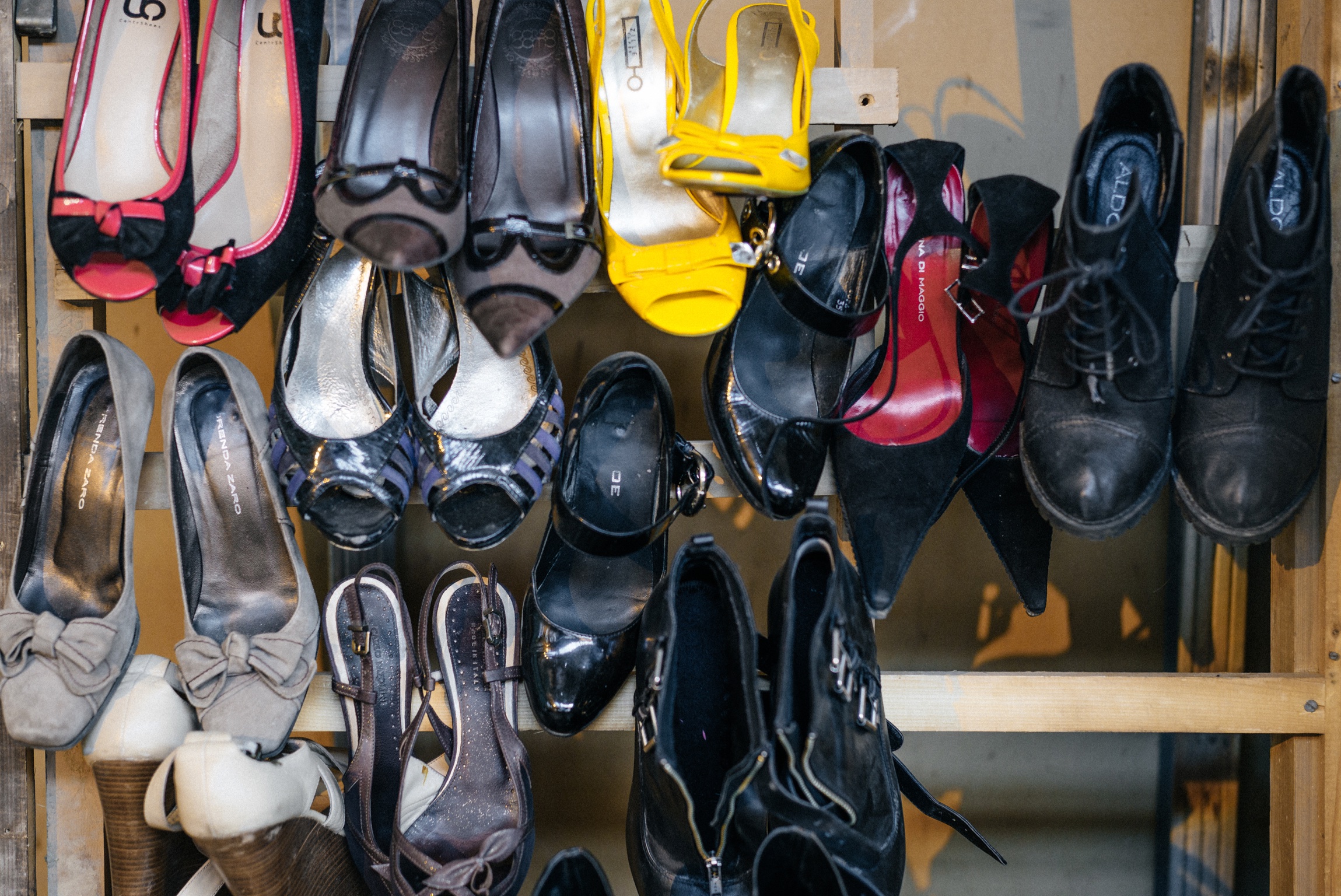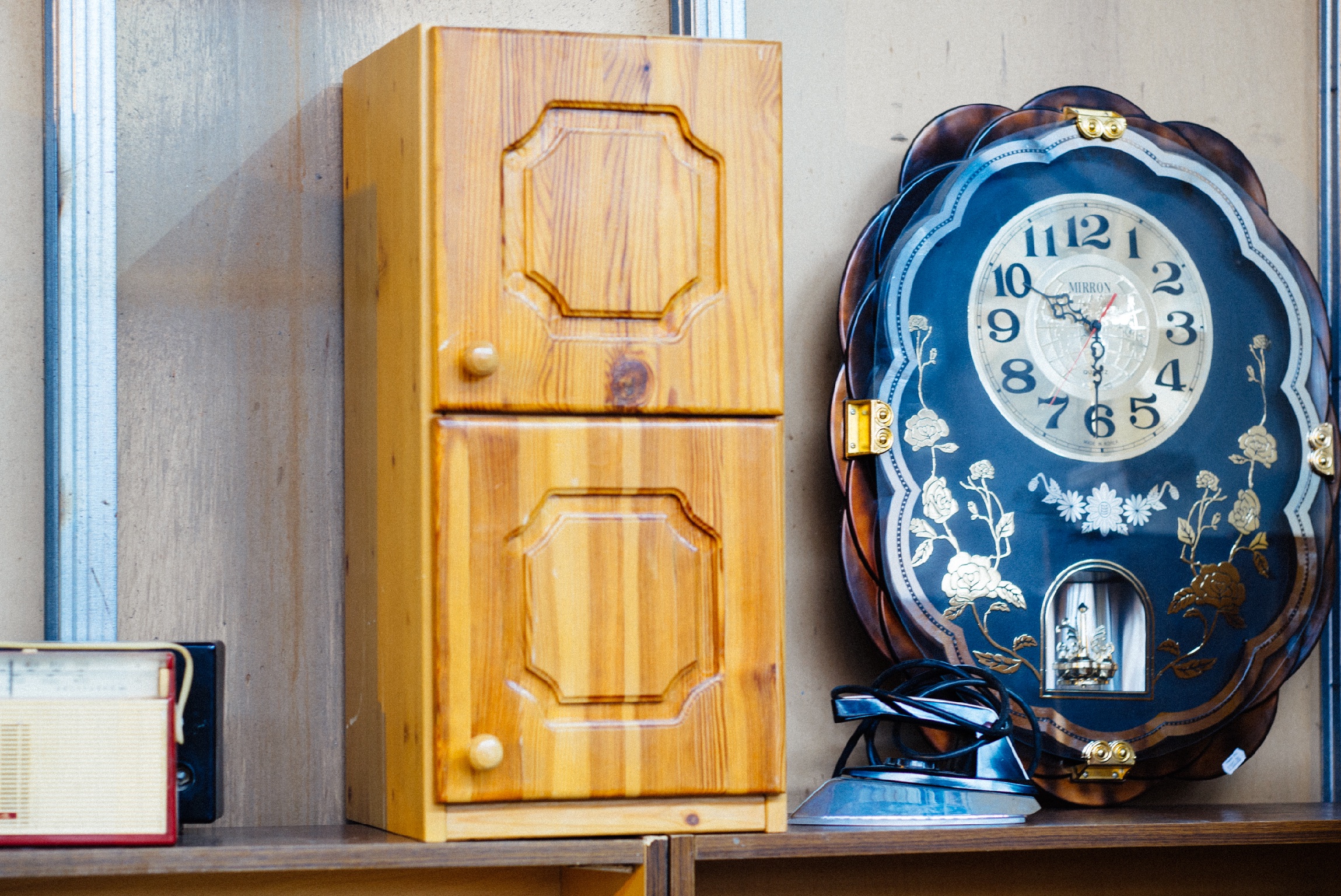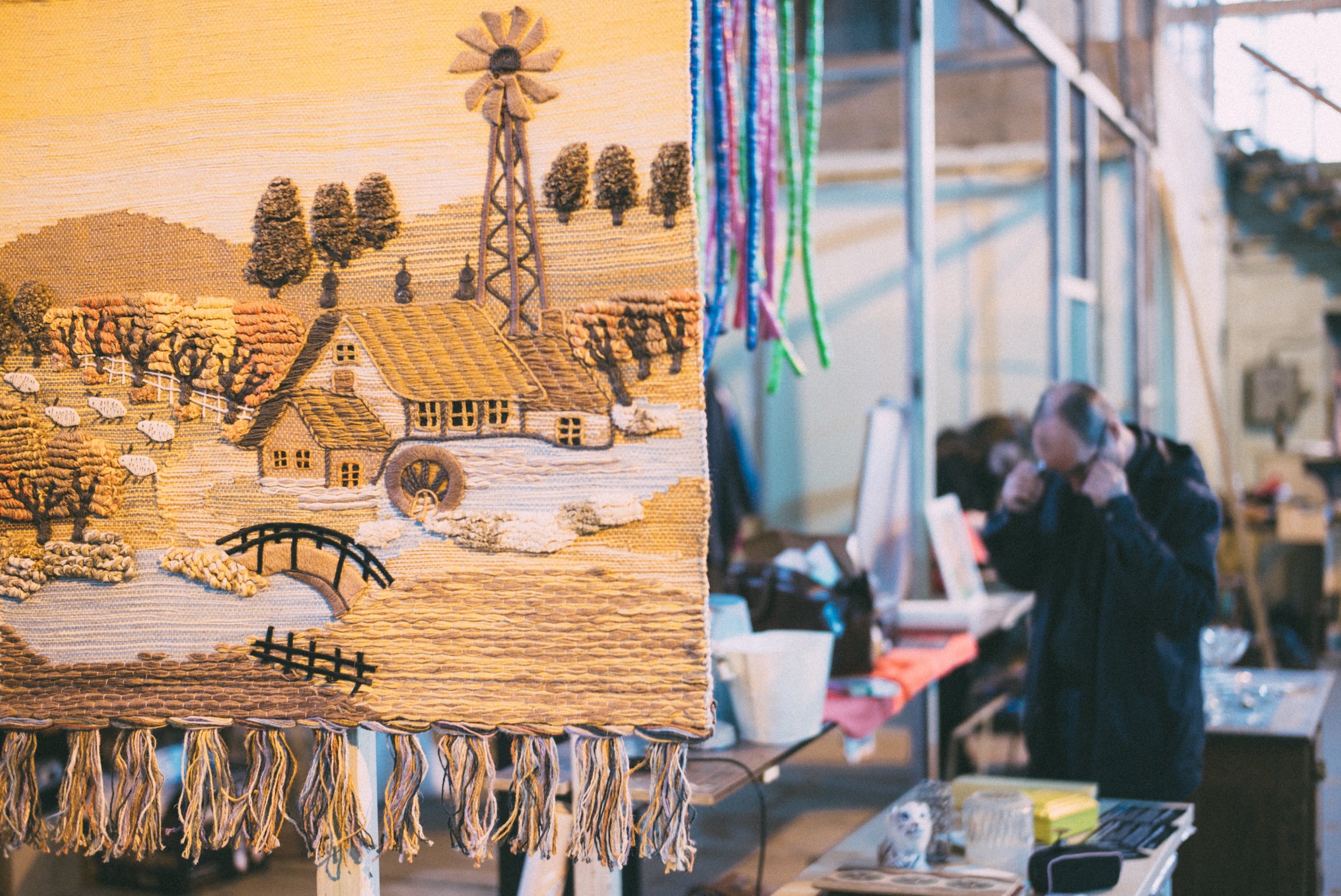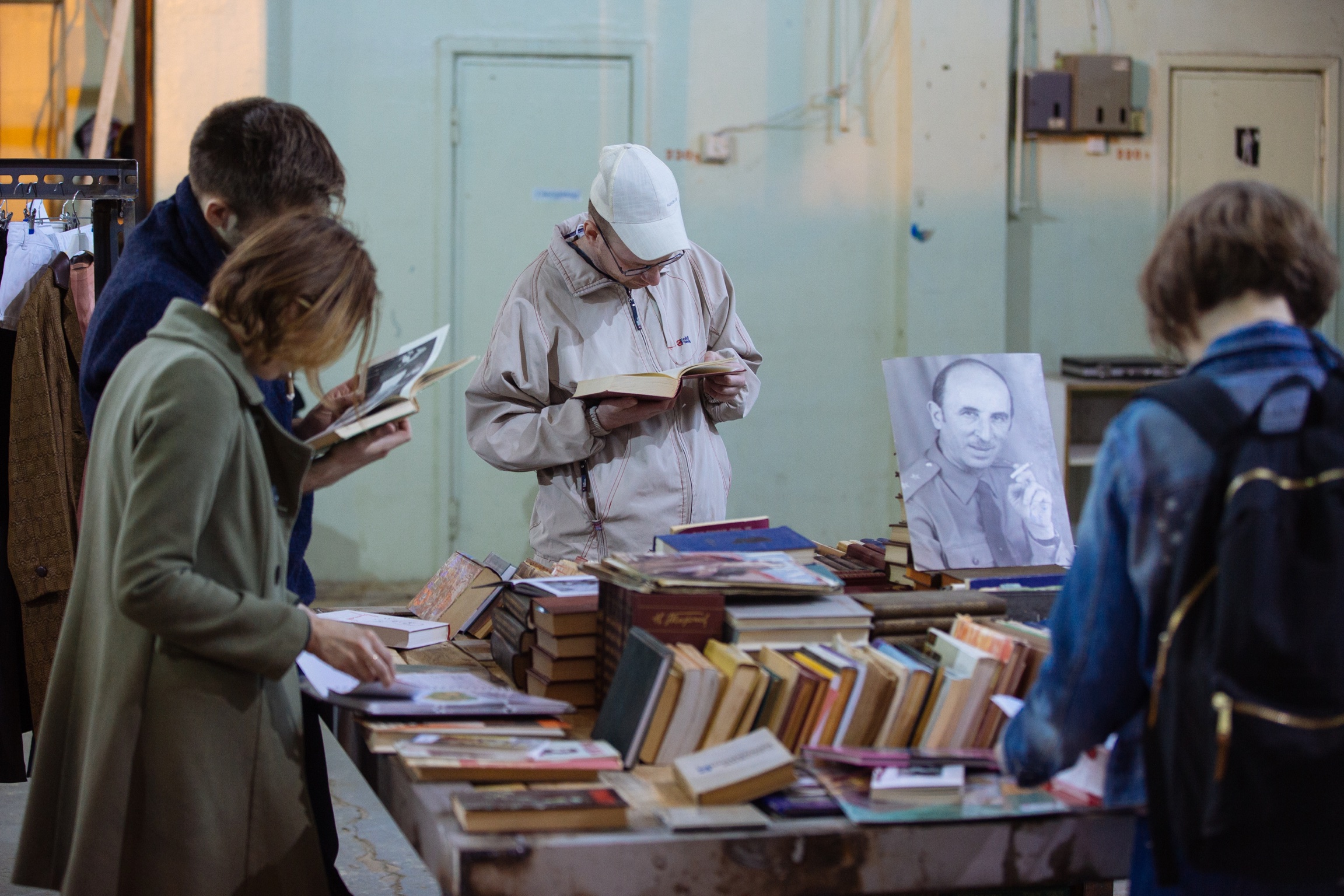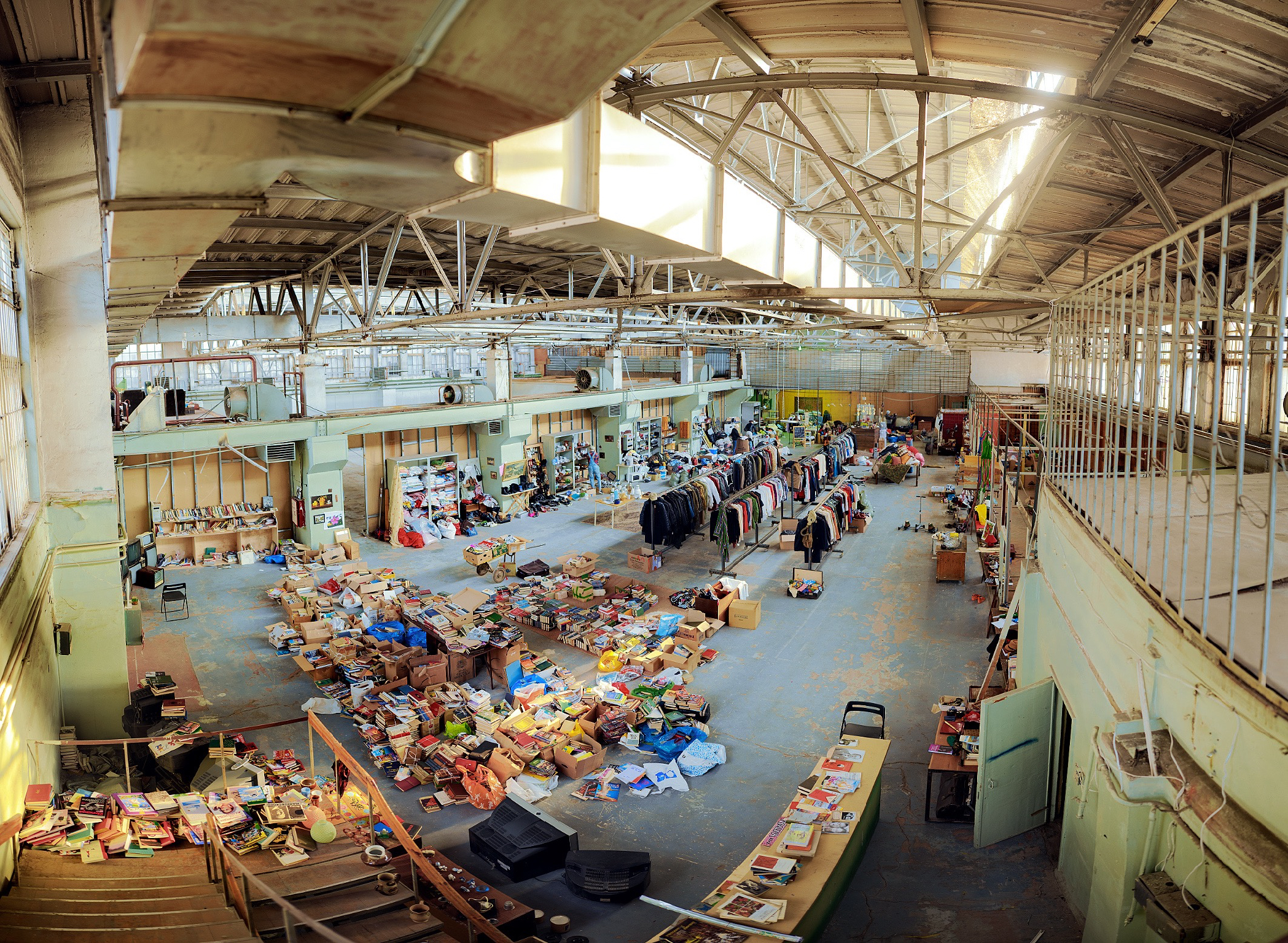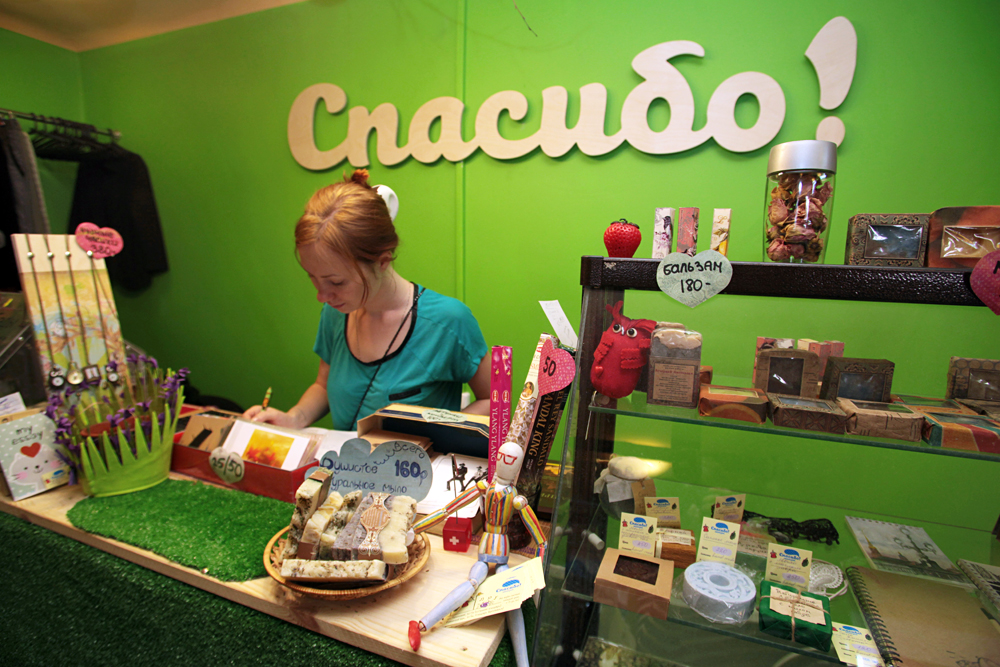Russians turn creative to help each other get rid of unwanted junk
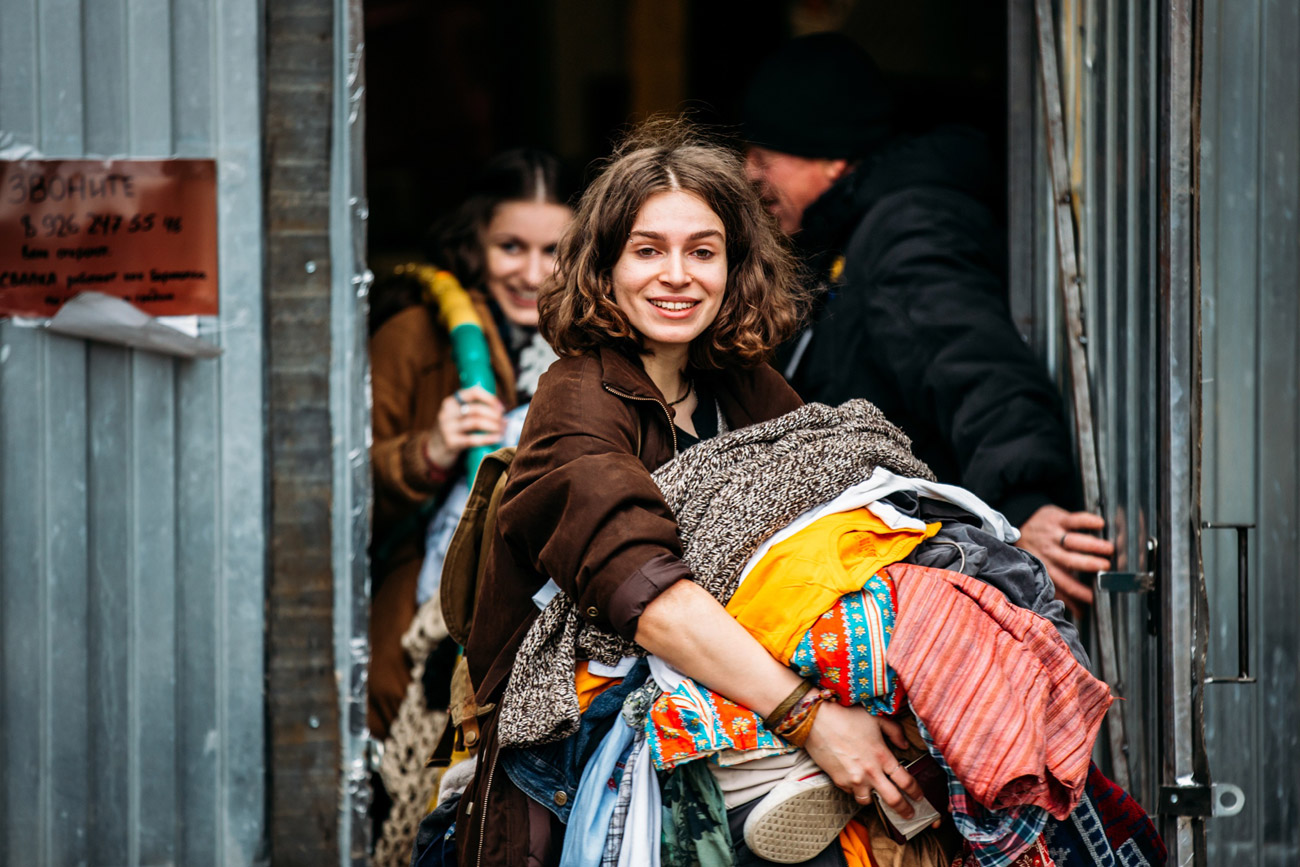
The Svalka project operates in Moscow, St. Petersburg and other Russian cities.
Press photoCluttered closets, filled up shelves and a balcony that has been accumulating unwanted things for years – this can all be found in any Russian apartment. And although apartment owners are convinced that the Soviet radio, the beautiful porcelain figurines or the out-of-style dresses will one day come in handy, the fate of these things is often pitiful: they either move to the garage, where Russians keep all their unwanted things, or they end their days in the garbage bin.
But today fewer and fewer people in Russia are willing to keep things that are not useful, and as the junk piles up, they are searching for ways to get rid of it.
Give it away now
One project named Svalka (“dump”), which operates in Moscow, St. Petersburg and other Russian metropolitan areas, is ready not only to remove the things that are no longer useful but also pay a symbolic price for them – "the prize for thriftiness."
At the dump everything gets sorted out. Everything that can be sold is repaired and put on sale in the project's online shop, is sent to wholesale partners or is sold at the Svalka flea markets.
"After receiving the revenues we send 70 percent to charity through our Dobro.Mail.ru partner with the sender being the person who gave us the things," says Alexei Barinsky, the project's founder.
"Mostly, people give away clothes and books. These are the most common goods," adds Barinsky. "Then, in second place are the 'walls' (cumbersome cupboards/shelving units) from the Soviet period, along with the crockery, and in third place are the electronics. In fourth place is the "diverse" category and it has everything: children's games, exercise bikes and musical instruments."
"Very different people turn to us. It would be a lie if I said there was only one type of client. What's interesting is that young people mainly get rid of clothes while older people give away furniture and electronics."
The project is so popular that even a year after Svalka's launch there is still a line of people waiting to have their things removed. And Barinsky is optimistic: "We are expanding our pool of partners, adding alternative delivery methods and our goal is to get the stuff out within three days. We hope to achieve this next year."
Socialize and swap
A popular non-profit way to get rid of your useless clothes is swapping get-togethers. Each participant brings a couple of items with which they are willing to part, and can count on picking up some new items for their wardrobe. This is how young ladies solve the age-old problem of there being nothing to wear, even though the closet can't be closed.
"Out of the things bought, only half are worn actively. Many things in the closet don't bring you satisfaction anymore, they don’t fit you or you don't like them. Swaps are needed precisely to give these things a second life," explains Alisa Tayezhnaya, journalist and organizer of swapping get-togethers in Moscow. "But you should only bring what you would happily give to a close friend – everything else can be recycled."
However, it is not as easy to organize such get-togethers as it seems, since they are extremely popular and often attract large groups of people.
"First you need a person with a big apartment and organizational skills for whom it will not be inconvenient to host 60-70 people at home once every two weeks. One who would then take everything that remains to charity," says Tayezhnaya.
The price is right online
But for many people it is difficult to give away things, so Russians sell them using an online service. The most popular service in Russia is Avito, where anyone can place an ad to sell things. The main difference between Avito and eBay is that you can't find auction lots on Avito but no one prohibits you from negotiating with the seller.
The last thing that Moscow student Anastasia Serebryanskaya bought on Avito was a pair of sneakers that in a store would have cost up to 5,000 rubles ($80). By using Avito, Serebryanskaya was able to pay just 1,000 rubles ($15) for them. Serebryanskaya says that she does not use the site often but admits that such online services are an excellent way to get rid of useless things.
Just the towns and cities
Maria Mirskaya, analyst from the Laboratory of Cultural Studies at the Higher School of Economics in Moscow, notes that the desire to free oneself of useless things is characteristic only of people living in large cities. Firstly, people in metropolitan areas change their relation to things they don't use anymore. Secondly, there is the economic crisis: Instead of buying a new expensive household appliance, people search for services like Avito.
In small cities the situation remains the same. "These people have garages, cellars, dachas, where they continue to store things that in big cities would have been thrown out due to the lack or restriction of storage space," explains Mirskaya.
Moveable feasts: Russians get involved in food sharing>>>
Subscribe to get the hand picked best stories every week
All rights reserved by Rossiyskaya Gazeta.
Subscribe
to our newsletter!
Get the week's best stories straight to your inbox
